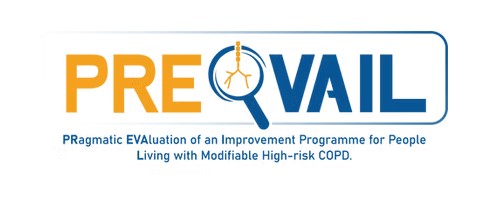What is Primary Care Research?
People use research to try and find the causes of diseases and to find better treatments and services for those diseases and improve patient care.
Research is presented in different formats:
- Completing a questionnaire
- Requesting the use of your anonymised data
- Taking part in an interview
- Testing new treatments, therapies or devices
- Experiencing new combinations of treatments.
Patient participation and how to take part in research
There are different ways that patients can become involved in studies our practice is participating in.
- A doctor or nurse may talk to you about the study and ask whether you would consider taking part or
- You will be sent information through the post if we feel that you might be a suitable participant
- You may read information on the website about a current study and wish to take part by contacting the practice
Current studies at the practice:

A Study for Patients Who Are Prescribed Antibiotics for Cellulitis.

Harvest is a 17-week study to investigate the use of hydroponically-grown, biofortified salad greens, and use of a dietary app, on iron and vitamin B12 status in vegan or vegetarian women of child-bearing age.

Improving the Diagnosis and Early referral of patients with AxiaL spondyloarthiritis: BACK Pain referral pAthway from Community to Specialist care

Investigating DIGital Outcomes in a community setting for patients living with and beyond a diagnosis of cancer. To understand more about the long-term outcomes and service use of patients living with and beyond a diagnosis of cancer Phase II randomised feasibility research administering questionnaires in a mixed methods study.

The Norfolk Arthritis Register (NOAR) is a large community based, long term observational study investigating the cause and outcome of inflammatory polyarthritis (inflammation and swelling of the joints).

This study will assess a programme called CONQUEST. This is a new way to find, diagnose, and improve treatment for patients with a lung condition known as COPD or may be at risk of developing this condition.

SELF-FRAX is a cross-sectional observational cohort study designed to investigate fracture risk factors in men and women aged 50 years and over. It will report how well self-reported risk factors and those captured within the GP electronic health record agree.

This study aims to find out whether adding disease modifying antirheumatic drugs (DMARDs) to steroid treatment is beneficial for
people with relapsing polymyalgia rheumatica (PMR).
How can you help?
Research cannot happen without your help. Taking part in a project may not always help you directly, but you will be helping to develop services and treatments for future generations.
If you are asked to take part in a research project, please consider getting involved.
What you will be asked to do will depend on the project; however it may involve
- filling in questionnaires
- talking to the researcher about your views
- letting the researcher look at your medical notes
- trying a new treatment or drug
If you are asked to take part in research
- your care will not be affected if you decide not to take part, or if you say yes and then change your mind
- your doctor, nurse or researcher will explain what the project is about and what is involved in taking part. They will give you some written information about the project for you to keep
- you will be given time to think about all the information and to ask questions. If you don’t understand anything, please ask. You should only say yes if you fully understand what will be involved and are happy with this
- if you decide to take part you will be asked to sign a consent form and will be given a copy to keep